Hi again and welcome to The Eco friendly Life. A special welcome to you if this is your first visit with us. After the heaviness of the last two articles regarding climate change we are going to try and lighten things up a bit today with our first discussion about the benefits of plant-based living, with an introductory article about the benefits you can get from following a plant based diet. So, let’s get into it!
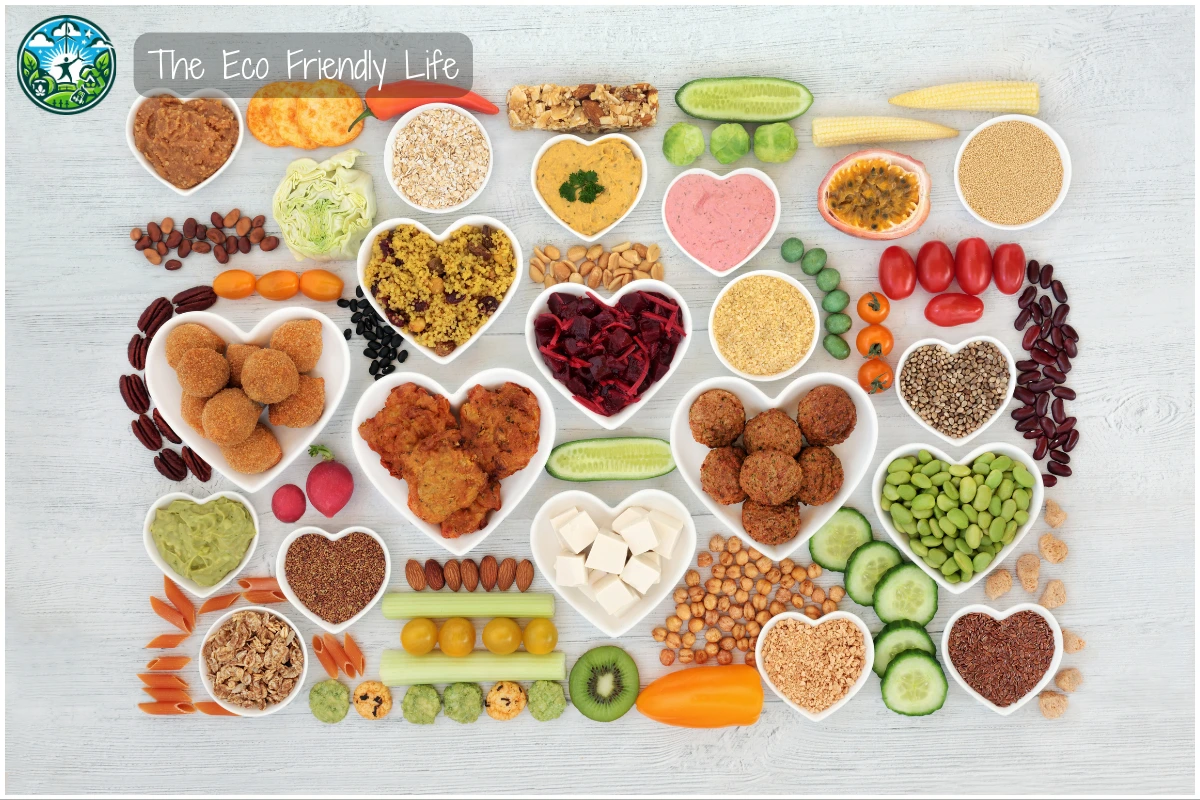
Understanding Plant-Based Diets: Definitions and Principles for Cancer Prevention
Plant-focused eating: When we talk about plant-based diets, we’re referring to a way of eating that prioritizes plants but isn’t strictly vegetarian. It’s a balanced, flexible approach that fills at least two-thirds of your plate with plant foods like vegetables, whole grains, fruits, beans, seeds, and nuts. The kicker? The remaining third can include lean or plant protein – that’s your choice.
Nutrient-rich plants to help cancer prevention: One key reason I advocate for this diet is its potential for cancer prevention. Researchers have followed this for over two decades and consistently observed lower cancer risks among those who stick close to plant-based eating. Why? It’s because plants are high in nutrients that our bodies need to fight the onset and progression of cancer.
Health-boosting food: Now, it’s vital to understand that a plant-based diet isn’t just about piling greens on your plate. It’s rooted in a deeper understanding of how diet directly impacts health. It’s about embracing a variety of colorful and natural foods that, together, create a powerful ally in your long-term health journey.
With this diet, you’ll focus on whole foods that are packed with life-sustaining nutrients rather than just eating ‘less meat.’ Embracing this way of eating isn’t merely about giving something up; it’s about gaining an array of beneficial compounds that can bolster your defenses against cancer and other diseases.
Harnessing the Immune-Boosting Powers of Plant-Based Nutrients
Fortify your body with plants: Imagine your body as a fortress. Your immune system is the defense mechanism guarding it against outside invaders like infections and diseases. Now, what if you could naturally reinforce those walls, simply by the food choices you make? That’s exactly the promise of a plant-based diet and its plethora of immune-boosting nutrients.
A kingdom of essential nutrients: The plant kingdom is rich in essential nutrients that do more than just nourish — they protect. Vitamins such as C, E, and the B complex, alongside minerals like zinc and selenium, are found in abundance in vegetables, whole grains, and fruits. They’re the unsung heroes that keep cells robust and resilient against the onslaught of pathogens.
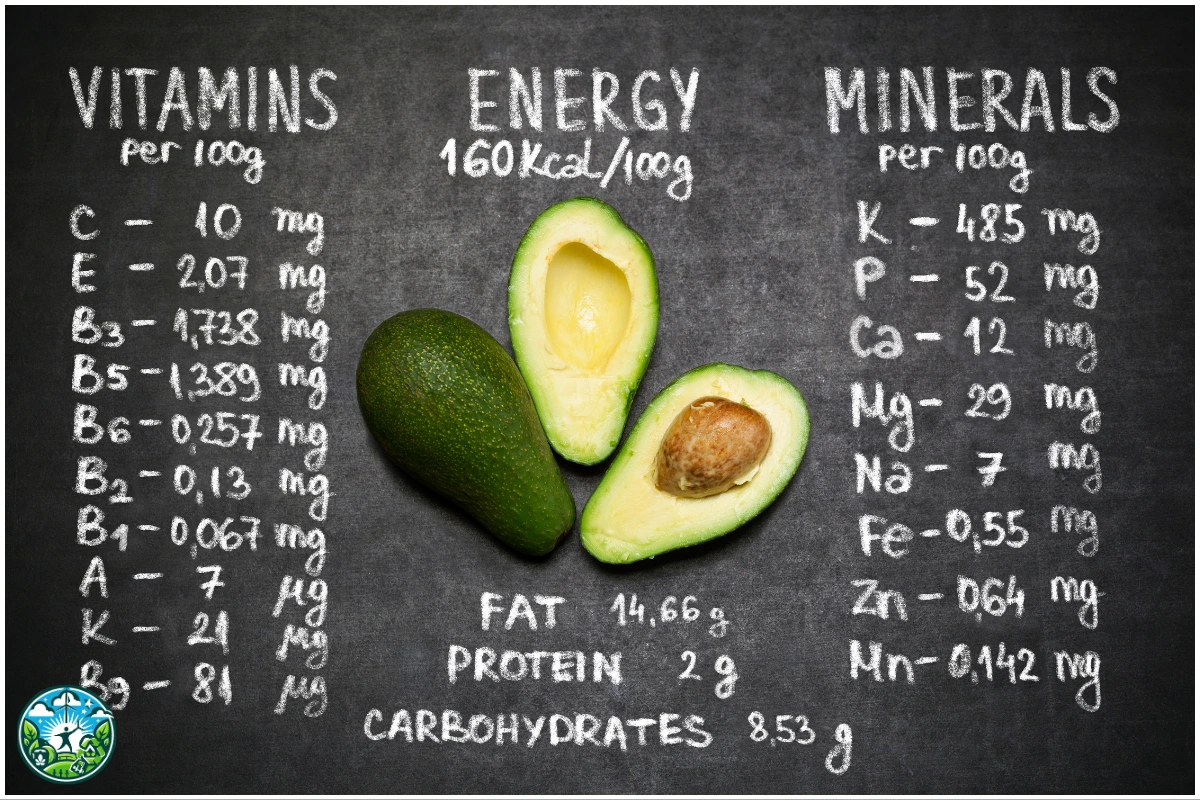
Antioxidants to battle free radicals: Plants are not just a basic shield; they offer a sophisticated array of phytochemicals and antioxidants. These compounds counteract the damage done by free radicals, which are unstable molecules that can lead to cell damage and, over time, various diseases. By neutralizing free radicals, plants’ antioxidants essentially prevent a potential breach in our body’s defenses.
A diet to calm inflammation: Inflammation is like an internal alarm signal indicating that something’s amiss. While it is a normal part of the body’s protective response, chronic inflammation can become a damaging force associated with an increased risk of cancer. A diet filled with vegetables, fruits, beans, seeds, and nuts is naturally anti-inflammatory. It helps quiet down the inflammatory response and ensures it acts only when necessary.
A helping hand for your immune system: Let’s remember, a well-supported immune system is also proficient at recognizing rogue cells that could turn into cancer. By equipping our bodies with the right plant-based tools, we give our natural defense the upper edge in detecting and addressing cellular mutations at an early stage. This is critical in the fight against cancer.
Plant-Based Diets: A Multi-Faceted Approach to Weight Management
Healthy weight, reduced cancer risk: A crucial factor in mitigating cancer risk is maintaining a healthy weight, and adopting a plant-based diet is a remarkable strategy in that pursuit. By focusing on plant foods, this approach naturally curtails the intake of calorie-dense and heavily processed foods that can contribute to weight gain.
Fiber and feeling full: One fundamental advantage of plant-based diets is their high fiber content. Fiber not only aids digestion and helps maintain bowel health but also contributes to a feeling of being ‘full’, facilitating calorie control without the need to restrict portions strictly. This fullness factor is key in managing daily calorie intake and reducing the temptation for overeating.
A boost in metabolism: The correlation between fiber intake and weight management extends to how it influences metabolism. High-fiber diets, abundant in whole grains, fruits, and legume, typically require more energy to digest. This incremental increase in metabolic rate can contribute to gradual weight loss and long-term weight maintenance, which is essential given that obesity is a recognized risk factor for several types of cancer.
Talking fat: In addition, plant-based diets often have a lower fat content, especially saturated fats commonly found in animal products. Reducing saturated fat intake is not only beneficial for weight management but also for overall cardiovascular health, creating a dual benefit. It’s critical, however, to choose the right plant fats, such as those from avocados, nuts, and seeds, which offer healthful mono- and polyunsaturated fats.
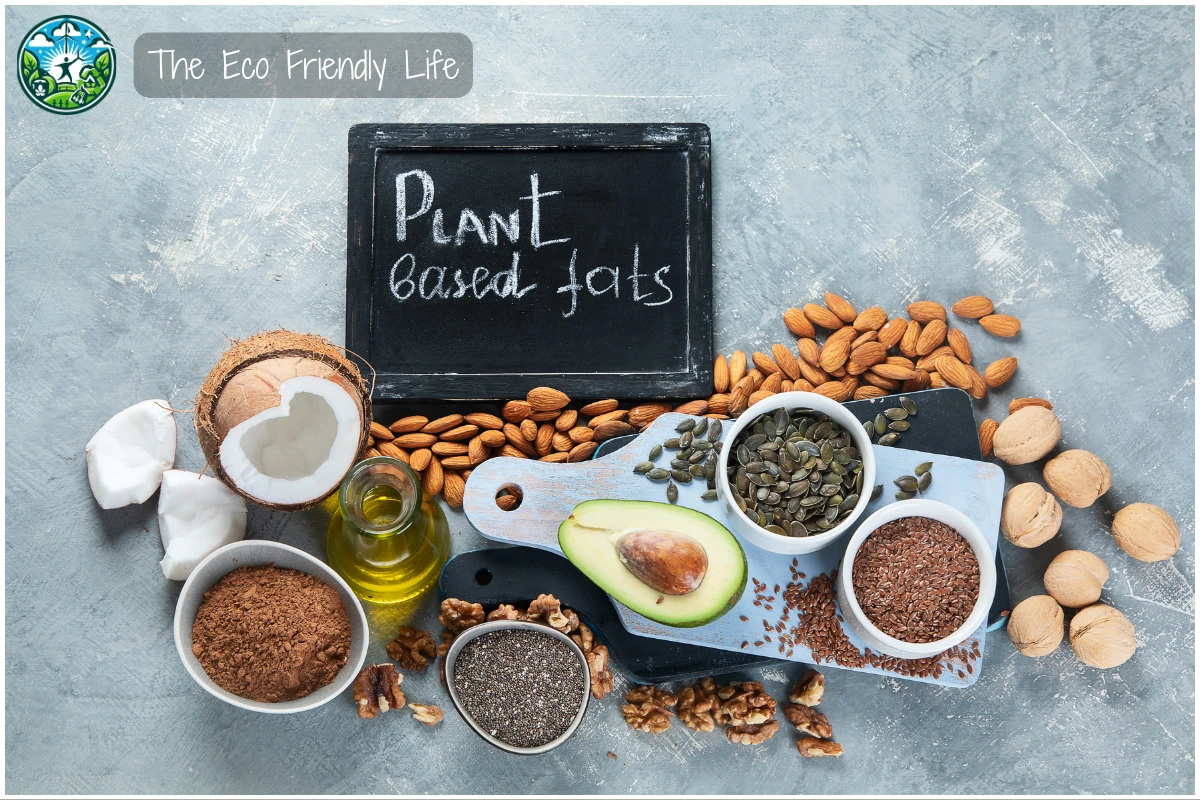
Transitioning into the next section, it’s evident that the implications of a plant-based diet extend far beyond weight management. The bounty of plants brings a wealth of nutrients that collectively contribute to a reduction in the risk for several diseases, showcasing the extensive health benefits of a plant-centric approach.
From Heart to Mind: The Broad Spectrum of Plant-Based Diet Benefits
Vitality and health from plants: When we move beyond weight management, a plant-based diet shines in facets of health that impact both the cardiovascular system and cognitive function. Consistently, research backs up the idea that diets rich in plant-based foods can lower the risk of heart disease, stroke, diabetes, and even some mental health issues. It’s not just about adding years to life, but also life to years. A diet centered on plants is linked with sustained energy levels, better mood regulation, and overall vitality.
Helping your heart: Let’s look closer at cardiovascular benefits. A diet low in saturated fat and high in fruits, vegetables, and whole grains can help keep the heart healthy. These food choices tend to be naturally lower in cholesterol and packed with anti-inflammatory properties. The direct effect? A decrease in the risk of developing heart-related diseases. Evidence from multiple studies corroborates a significant drop in LDL cholesterol levels – that’s the ‘bad’ cholesterol – when a person adopts a plant-oriented diet.
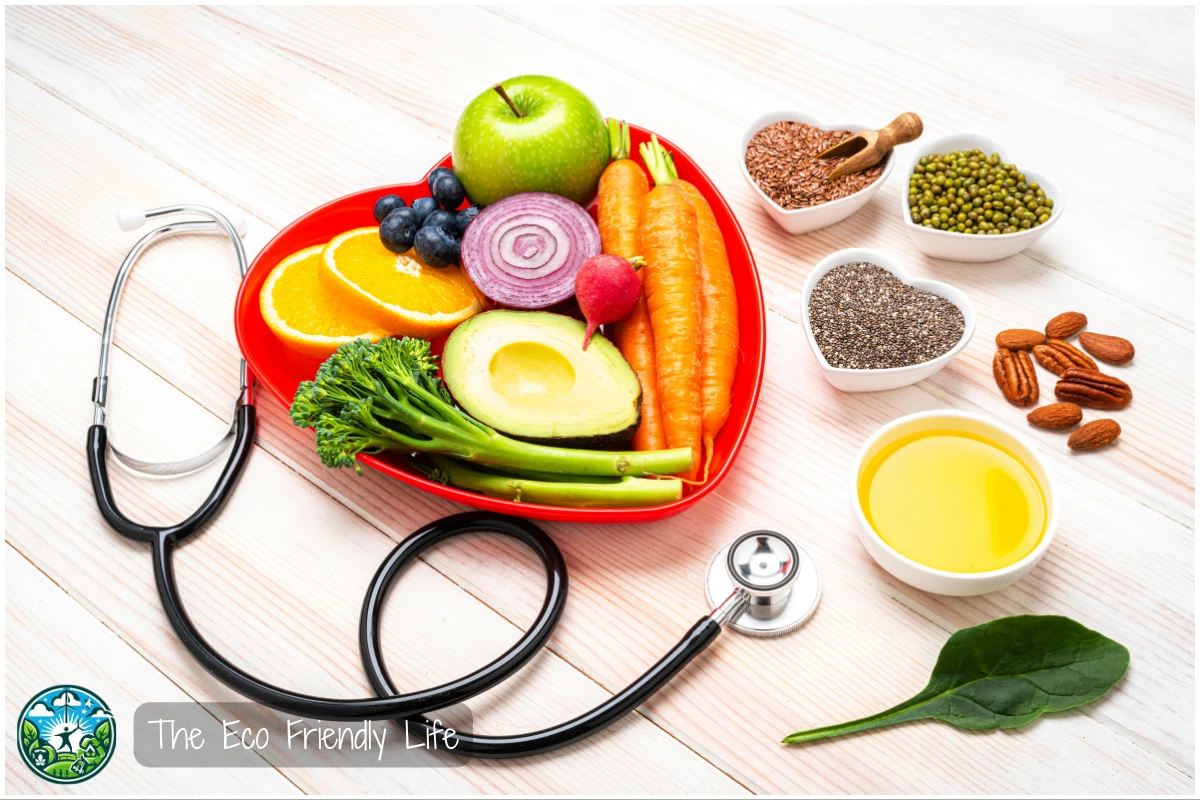
Nourishing the brain: What about the brain? Here’s an important point to note: the brain thrives on a steady supply of nutrients and antioxidants, which are abundant in a plant-based diet. Foods rich in polyphenols, like berries and leafy greens, are fantastic for cognitive health. These powerhouses can slow the cognitive decline that leads to Alzheimer’s disease and dementia. Consuming a plant-based diet isn’t just about the nutrients. It’s about giving the brain the tools it needs to stay strong and function well.
As we progress into the final thoughts on the plant-based lifestyle, remember that each meal is an opportunity to support your body and mind. And the decisions you make at the dining table ripple out to influence your lifestyle, not to mention the health of our planet – but more on that in the next section. Emphasizing plants in your diet is a way to naturally align with health-supportive practices and experience the joy of whole wellbeing.
Living the Plant-Based Way: Lifestyle Choices and Environmental Impact
Not just your health, help the world too: In wrapping up our discussion on the health benefits of embracing a plant-based diet, it’s crucial to recognize the wide-reaching impact of our dietary choices—not just on personal health, but on the world around us. Adopting a plant-based diet is about much more than tweaking our meals; it signifies a shift towards a more health-conscious and environmentally responsible way of living.
Flexible choices: Plant-based diets come in various forms, from vegetarian to vegan, raw vegan to flexitarian. This spectrum offers flexibility, allowing individuals to choose a path that aligns with their ethical beliefs, health needs, and lifestyle preferences as you can see in the diet details table below. The common thread, however, is the focus on plant-derived foods, which are key to fostering a healthy body and a thriving planet.
| Type of Plant-Based Diet | Description |
|---|---|
| Vegetarian | Excludes meat, poultry, and fish but may include dairy products and eggs. Focuses on plant-based foods like vegetables, fruits, grains, nuts, and seeds. |
| Vegan | Excludes all animal products, including dairy, eggs, and honey. Strictly focuses on plant-based foods like vegetables, fruits, grains, nuts, and seeds. |
| Raw Vegan | Combines veganism and raw foodism, excluding all animal products and foods cooked above 118°F (48°C). Emphasizes raw fruits, vegetables, nuts, seeds, and sprouted grains. |
| Flexitarian | Primarily vegetarian but occasionally includes meat or fish. Focuses on plant-based foods while allowing flexibility for personal preferences and nutritional needs. |
| Pescatarian | Excludes meat and poultry but includes fish and seafood. Often incorporates dairy products and eggs, with a focus on plant-based foods. |
| Whole-Food Plant-Based (WFPB) | Focuses on whole, unprocessed plant foods. Excludes refined foods like added sugars, white flour, and processed oils. May include minimal amounts of animal products. |
| Lacto-Vegetarian | Excludes meat, poultry, fish, and eggs but includes dairy products. Emphasizes plant-based foods alongside dairy. |
| Ovo-Vegetarian | Excludes meat, poultry, fish, and dairy products but includes eggs. Focuses on plant-based foods along with eggs. |
| Lacto-Ovo Vegetarian | Excludes meat, poultry, and fish but includes dairy products and eggs. Focuses on a variety of plant-based foods. |
Eco-friendly eating: The positive effects of plant-based diets extend beyond personal wellness. By reducing reliance on animal products, we can contribute to a decrease in greenhouse gas emissions, conserve water, and promote more sustainable land use. It’s a choice that resonates with an increasing number of people globally, as you can see in the graph below, driven by a conscious effort to maintain health and protect the environment.
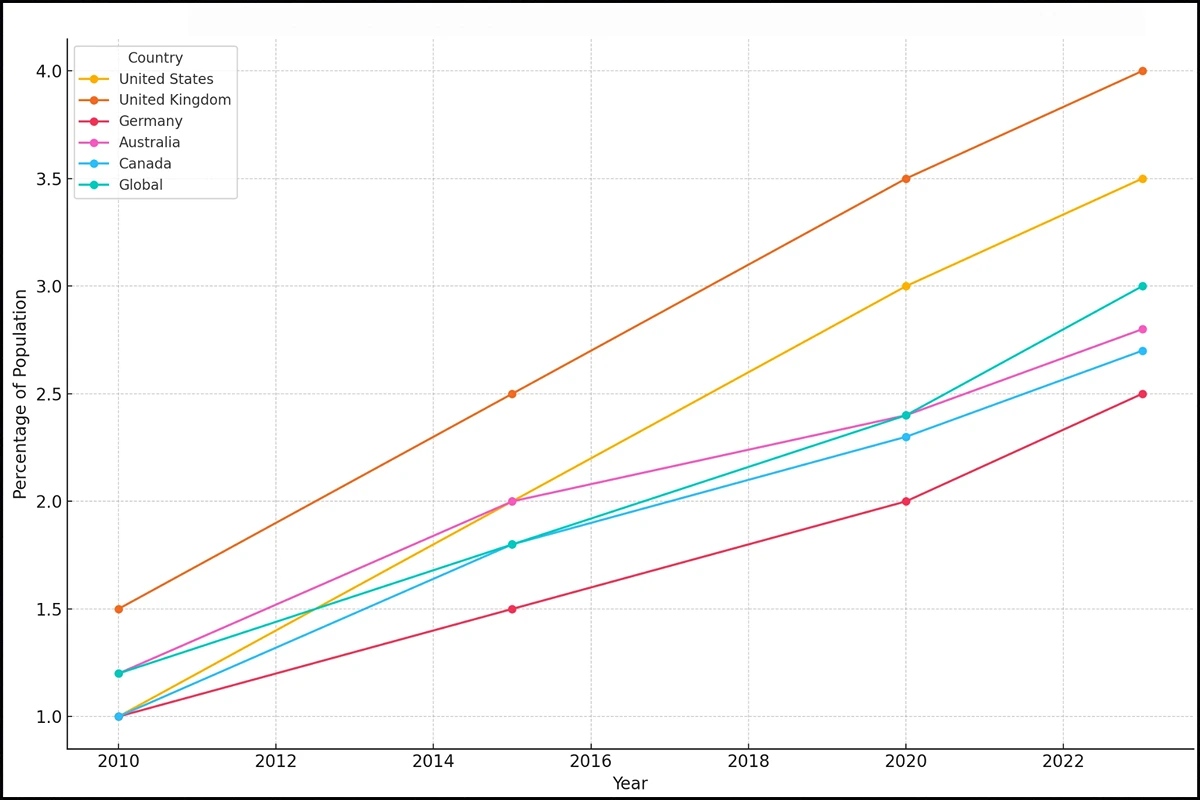
Make informed choices: As more celebrities and healthcare practitioners advocate for plant-based diets, their popularity soars. Yet, it’s not just about following a trend. It’s about making informed decisions for long-term health benefits and understanding that what we put on our plates can echo beneficially throughout our communities and ecosystems.
Conclusion
In conclusion, the journey towards a plant-focused diet can be both a personal health choice and a collective stride toward environmental stewardship. It’s a path lined with the potential for a more vibrant life and a lighter ecological footprint—a profound testament to the power of plants.
I hope you enjoyed our discussion today and take with you a lot of ideas on how you can harness the power of a plant-based diet to enrich not only your own life but also the health of the world around you. Until next time, enjoy your eco-friendly life!



That was a very good read I really enjoyed it. Page was laid out very well easy to follow and very informing. This is one topic I have always wondered about as I have been thinking of making that life change. I just didn’t realize how many different diets there where.
The question I have is :
What would be the best diet to try and switch to? I am a heavy meat eater and heavy sweets.
Hi Shawn,
Thank you so much for your kind words! I’m glad you enjoyed the post and found it informative. Transitioning to a plant-based diet can indeed be a significant change, especially if you’re accustomed to a diet heavy in meat and sweets.
There isn’t a one-size-fits-all answer, as the best diet for you depends on your preferences and health goals, but here are a couple of suggestions to help you get started:
Flexitarian Diet: This is a great starting point. It allows you to gradually reduce your meat intake while increasing the amount of plant-based foods you eat. You don’t have to give up meat entirely but aim to have more plant-based meals throughout the week.
Mediterranean Diet: Known for its heart health benefits, this diet emphasizes fruits, vegetables, whole grains, nuts, and seeds, with moderate consumption of dairy and lean meats like fish. It’s a balanced approach that still allows for some meat.
To satisfy your sweet tooth in a healthier way, try incorporating naturally sweet foods like fruits, or experiment with plant-based desserts that use ingredients like dates, nuts, and dark chocolate.
Remember, it’s important to make changes at your own pace and find what works best for you. Gradual changes are more sustainable in the long run. Feel free to reach out if you have any more questions or need further guidance.